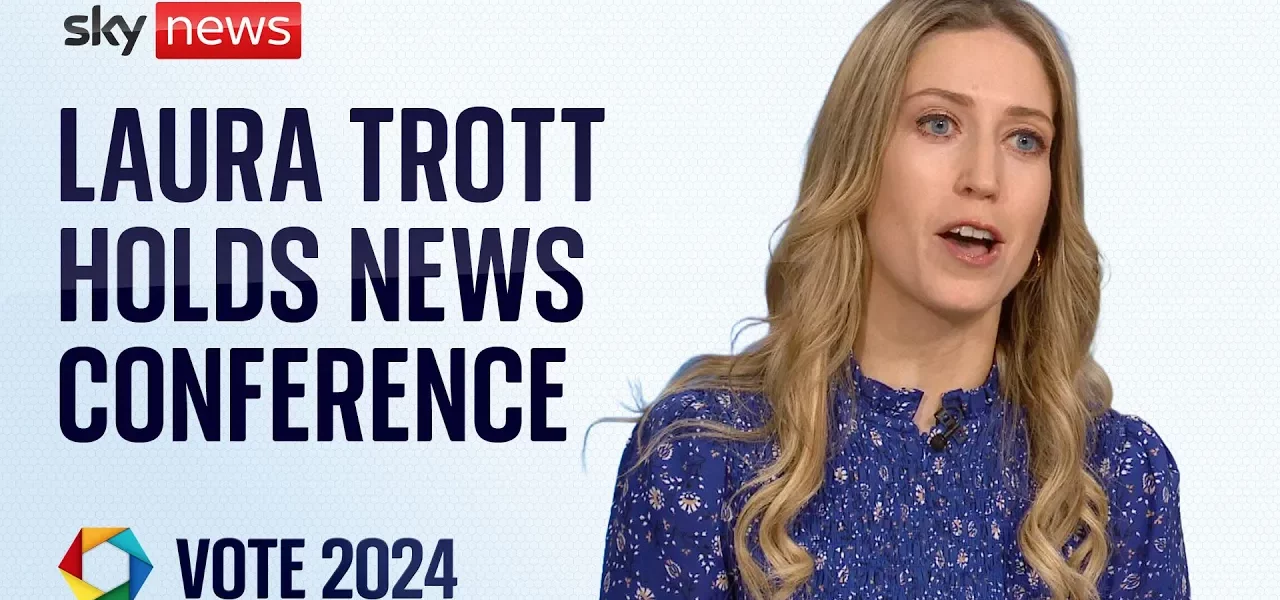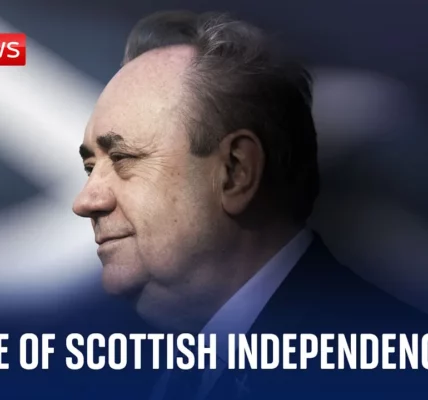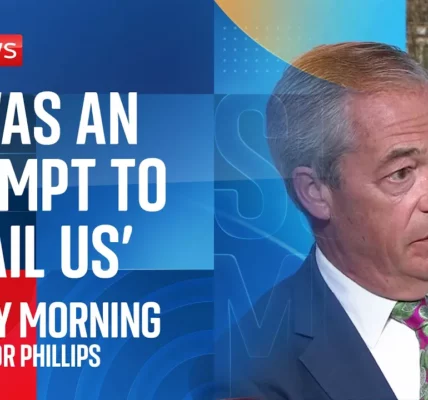Analyzing the Labor Manifesto: Tax Rises and Economic Implications

This article delves into the key aspects of the recent Labor manifesto, highlighting its potential tax increases and contrasting it with the Conservative approach to taxation and economic growth.
Introduction
The recent political landscape in the UK has been dominated by discussions surrounding the Labor Party’s manifesto, which has sparked significant debate regarding its implications on taxation. A critical examination reveals that the manifesto lacks provisions for tax cuts, instead signaling a future burden of tax increases on working families. This article explores the various dimensions of the manifesto, the proposed tax policies, and the broader economic impact.
The Labor Manifesto: Key Highlights
At the core of the Labor manifesto is a set of policies that, according to their own estimates, would raise the tax burden to unprecedented levels. This section outlines the main points concerning their taxation strategy.
Tax Burden Projections
According to independent analyses, the tax burden under Labor’s plans is projected to reach 37.4% of GDP by 2028-29, surpassing historical levels. This projection suggests:
- An increase in taxation that could amount to an additional £58 billion compared to Conservative plans.
- Every working family would potentially face an extra £294 in taxes due to unfunded commitments.
- Labor’s figures indicate a potential record tax burden in the UK.
Unfunded Promises
The manifesto also contains a significant fiscal gap, notably a £38.5 billion black hole in their budget that raises concerns about their ability to fund proposed initiatives without resorting to tax increases.
Comparison with Conservative Tax Policies
In contrast to the Labor Party’s approach, the Conservative manifesto proposes a series of tax cuts aimed at alleviating financial pressure on families and fostering economic growth.
Proposed Tax Cuts
The Conservative manifesto outlines several key tax cuts:
- Abolishing stamp duty for first-time buyers on homes valued up to £425,000.
- Reducing employee National Insurance contributions, resulting in an overall £1,350 tax cut for the average worker.
- Abolishing the main rate of self-employed National Insurance by the end of the parliamentary term.
- Providing 30 hours of free childcare per week for working parents.
- Maintaining the triple lock guarantee for state pensions, ensuring pensioners benefit from inflation-linked increases.
Economic Growth and Welfare Spending
Conservative strategies emphasize controlling welfare spending and combating tax avoidance as methods to finance tax cuts. The goal is to create a conducive environment for economic growth and personal aspiration.
The Risks of Higher Taxes
The potential for increased taxes under a Labor government raises critical questions about the economic future of the UK. This section discusses the broader implications of such tax policies.
Impact on Families
For ordinary families, the implications of increased taxes can be substantial:
- Higher living costs due to increased taxation on essential goods and services.
- Potential stagnation in the housing market, particularly if capital gains tax is applied to primary residences.
- Reduced disposable income leading to diminished consumer spending, which can stifle economic growth.
Long-term Economic Consequences
Long-term, an increase in taxes could deter investment and innovation, leading to a less competitive economy on the global stage. The challenge lies in balancing the need for revenue with the necessity of fostering a thriving economic environment.
Conclusion
The analysis of the Labor manifesto reveals a concerning trend towards increased taxation that could burden working families across the UK. In contrast, the Conservative manifesto aims to provide tax relief and foster economic growth. As the election approaches, it is crucial for voters to consider the long-term implications of these policies on their financial well-being. If you believe in a future with lower taxes and more economic opportunity, support the Conservative agenda.
“`




